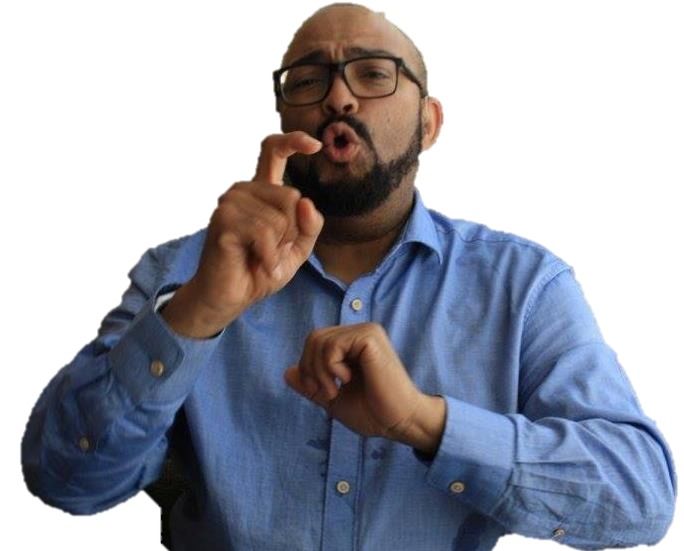
DeafSA national director Bruno Druchen. Picture Supplied
Every year, on 23 September, the world celebrates the International Day of Sign Languages (IDSL), a day designated by the United Nations to highlight the significance of Sign Language in ensuring Deaf individuals can fully enjoy their human rights.
According to Bruno Druchen, the national director of DeafSA, the proclamation was approved by the UN General Assembly on December 19, 2017, via resolution A/RES/72/161, with support from 97 member states.
"The reason 23 September was selected is that it marks the anniversary of the World Federation of the Deaf (WFD) founded in 1951, an international advocacy group that champions the rights of Deaf individuals and sign language communities. The importance of IDSL is in affirming that sign languages are not just tools for communication but complete natural languages that have their own grammar and structure. As per the UN Convention on the Rights of Persons with Disabilities (CRPD), sign languages should be acknowledged and respected, and nations are urged to promote their usage, especially since access to sign language from early childhood is crucial for the development, education, and welfare of Deaf individuals."
Druchen noted that South Africa has made significant strides in recent years, making the celebration of International Day of Sign Languages particularly impactful.
"Most importantly, in 2023, South African Sign Language was officially added to the country's Constitution as the 12th official language. The Eighteenth Amendment to the Constitution was passed by Parliament on May 2, 2023, and subsequently signed into law by the President on July 19, 2023. This constitutional acknowledgment came with legal advancements, including the enactment of the South African Sign Language Bill. These initiatives aim to guarantee that Deaf and hard-of-hearing South Africans have equal access to education, public services, and opportunities to engage in social, cultural, and civic life in their primary language."
"We have also observed a rising awareness and celebration of Deaf Awareness Month every September in South Africa, which aids in promoting SASL, Deaf culture, and the rights of Deaf individuals."
Bruno stated that despite the progress made, challenges persist. He also mentioned the ongoing need to ensure that SASL is fully incorporated within education—particularly in early childhood and schooling for Deaf students—and that there is a sufficient number of qualified SASL teachers.
He highlighted that improving access to interpreters, ensuring inclusion in public communication, and breaking down barriers in health, justice, and public services are all critical priorities.
"This International Day of Sign Languages is, therefore, a call for not only celebration but also action: to guarantee that sign language rights are not merely acknowledged in theory but are actively experienced every day. As we reflect on our accomplishments, we pledge to uphold continuous advocacy, implement policies, and promote community-led initiatives so that all Deaf South Africans can genuinely Sign Anywhere."
